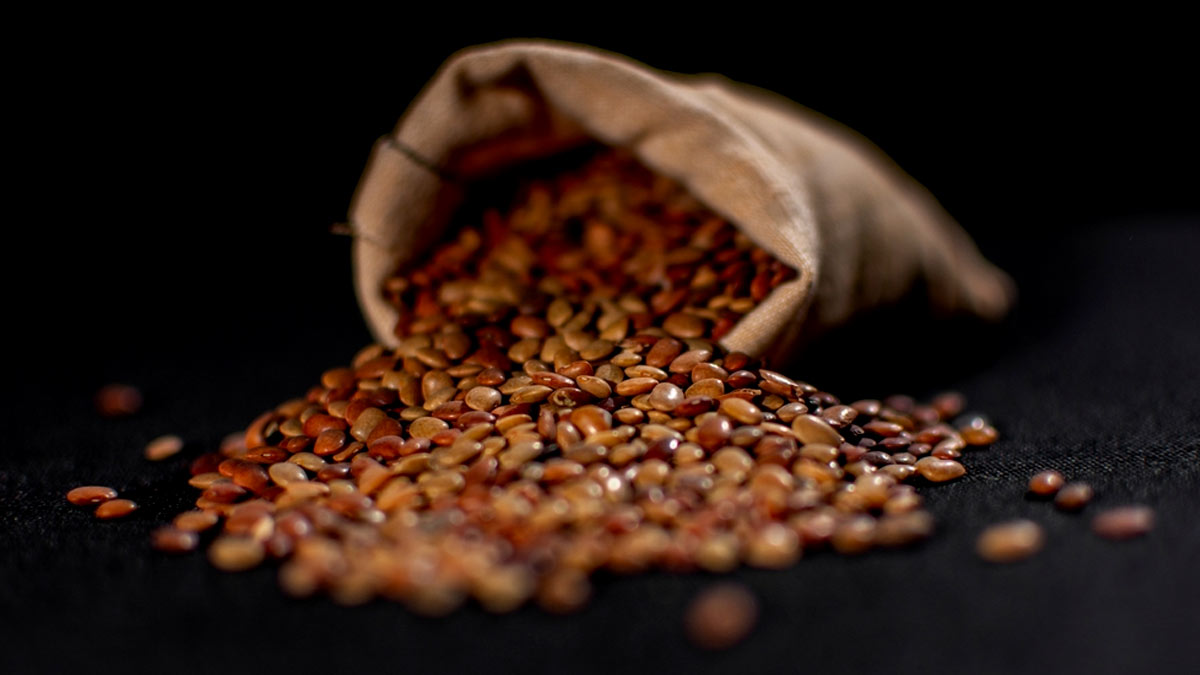
Horse gram, also known as kulthi dal, is a low-profile legume commonly consumed in some regions of Asia and Africa. Scientifically termed Macrotyloma uniflorum, it is popular for its high nutritional profile and potential health benefits, which include cholesterol management and improved cardiovascular health. In fact, horse gram is so valued that the US National Academy of Sciences has referred to it as a potential food source for the future. So, if you're someone who is battling cholesterol problems, here's how horse gram, or kulthi dal, can help you.
Table of Content:-
Also Read: THIS Cholesterol Symptom Could Strike At Night: Other Warning Signs To Note
Hypolipidemic Effects Of Horse Gram

Hypolipidemic effects occur when there is a decrease in the level of lipids in the blood. Research suggests regular consumption of horse gram may contribute to lower cholesterol levels, particularly by decreasing levels of low-density lipoprotein (LDL) cholesterol, often referred to as ‘bad’ cholesterol.
In a 2013 animal study published in the Journal Dietary Supplements, researchers found that horse gram extract reduced the levels of total cholesterol, triglycerides, LDL, very low-density lipoprotein, and increased high-density lipoprotein (HDL) significantly.
However, different people may have different responses to the legume, which is why it is important to seek guidance from healthcare professionals when it comes to cholesterol management.
A Good Source Of Dietary Fibre

Horse gram's high fibre content can help lower cholesterol levels by limiting the absorption of cholesterol in the intestines. It contains both soluble and insoluble fibre, which leads to a feeling of fullness and contributes to weight management, crucial factors in cholesterol control.
Low In Saturated Fat
According to the International Journal for Multidisciplinary Research (IJFMR), horse gram is a good source of essential fatty acids and contains a lower percentage of saturated fat. It primarily contains polyunsaturated and monounsaturated fats that have a positive effect on cholesterol levels and overall cardiovascular health when consumed as part of a balanced diet. A study published in the New England Journal of Medicine found that people who were on the monounsaturated-fat diet reported a 17.9% decrease in serum LDL cholesterol level, whereas those on the polyunsaturated-fat diet reported a 12.9% decrease.
Also Read: Reduce Risk Of Heart Attack By Limiting These 15 Seemingly Healthy Foods In Your Diet
Rich In Protein

Apart from fibre, horse gram is also loaded with protein, which is a great energy source and also helps with weight management. Research suggests proteins and their smaller units, peptides, can do a lot of good in the body. They have been found to block the angiotensin-converting enzyme (ACE), fight off microbes, act as antioxidants, help prevent cancer, lower cholesterol, decrease fat in the blood, build muscle, protect against harmful germs, control blood sugar, and make you feel full.
Low Glycemic Index
Horse gram has a low Glycemic Index (GI), meaning it has a slower impact on blood sugar levels when consumed. This can be beneficial for individuals managing cholesterol as it helps regulate blood sugar, potentially contributing to improved cardiovascular health. Additionally, horse gram's low glycemic index makes it a favourable food choice for those aiming to control their blood sugar levels, particularly people with diabetes.
Conclusion
Horse gram, also known as kulthi dal, is a powerhouse of nutrients, including protein, fibre, and healthy fats. Therefore, its nutrient profile supports cardiovascular health by potentially lowering cholesterol levels, making it a valuable addition to a heart-healthy diet. In addition, it is low in GI, making it a great food for people suffering from diabetes and trying to manage their blood sugar levels.
Also watch this video
How we keep this article up to date:
We work with experts and keep a close eye on the latest in health and wellness. Whenever there is a new research or helpful information, we update our articles with accurate and useful advice.
Current Version